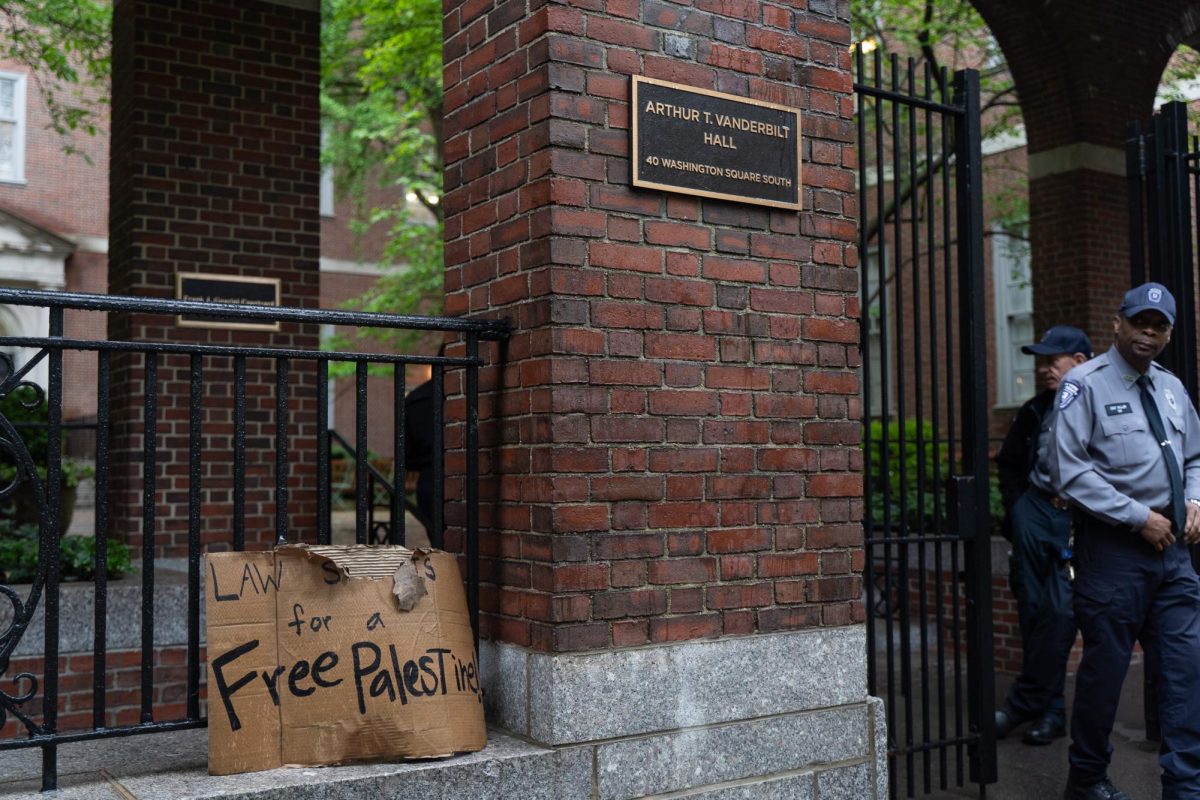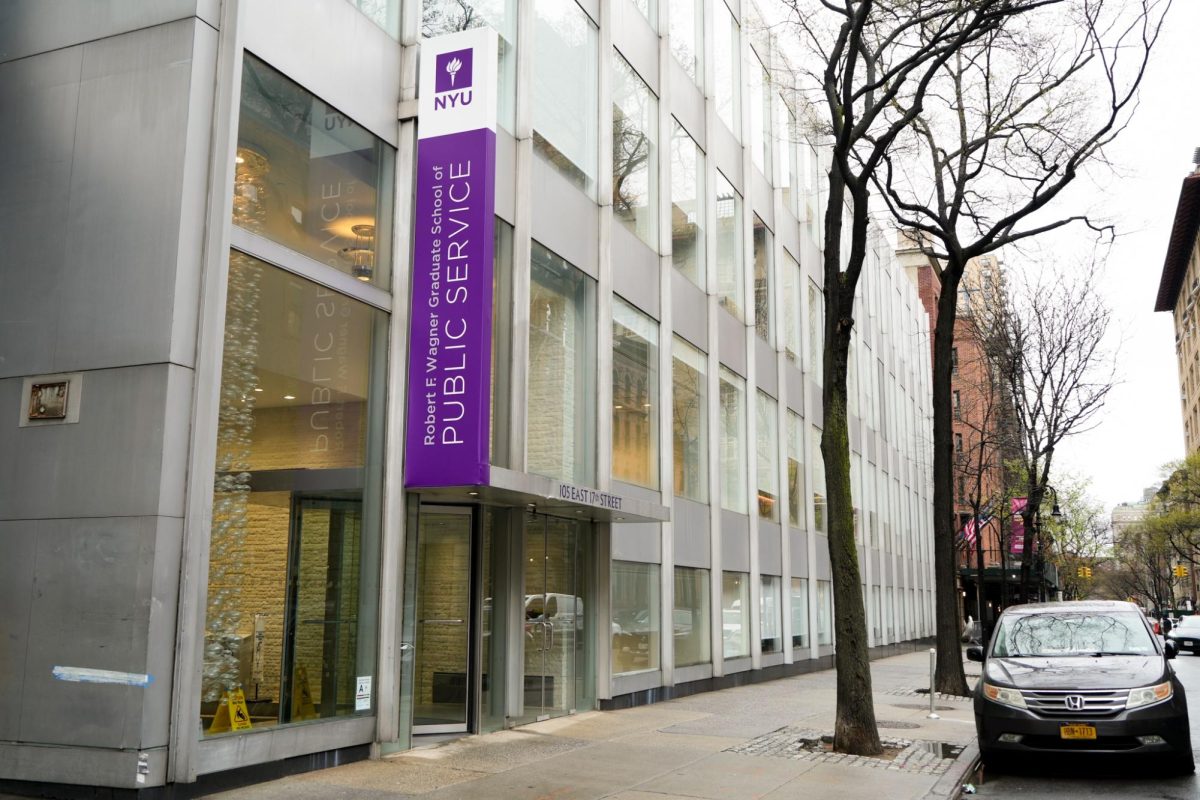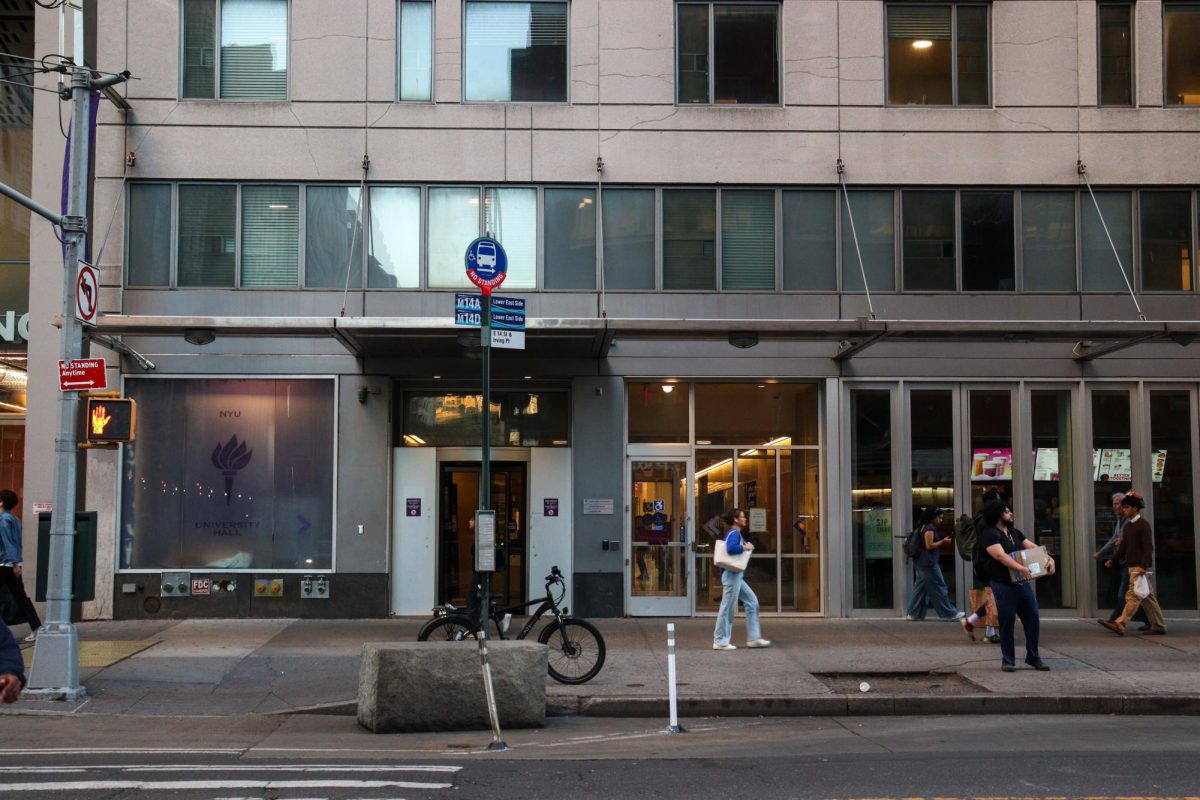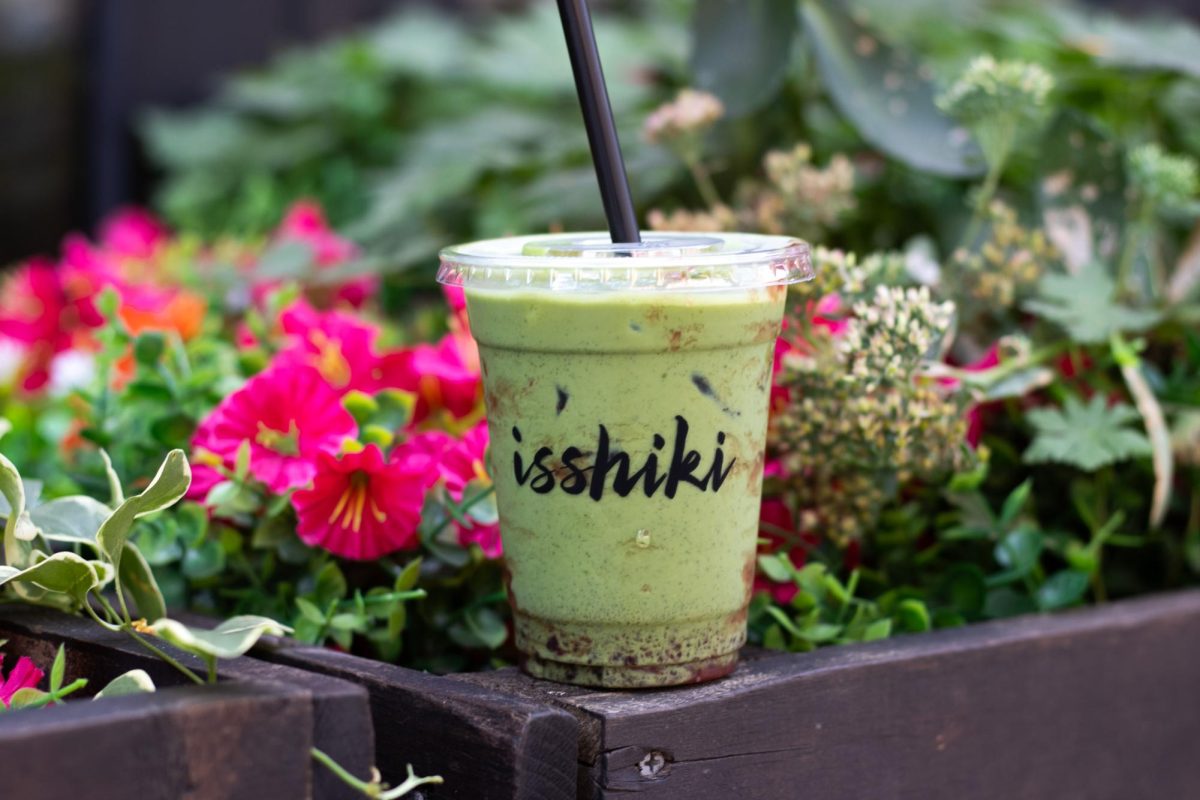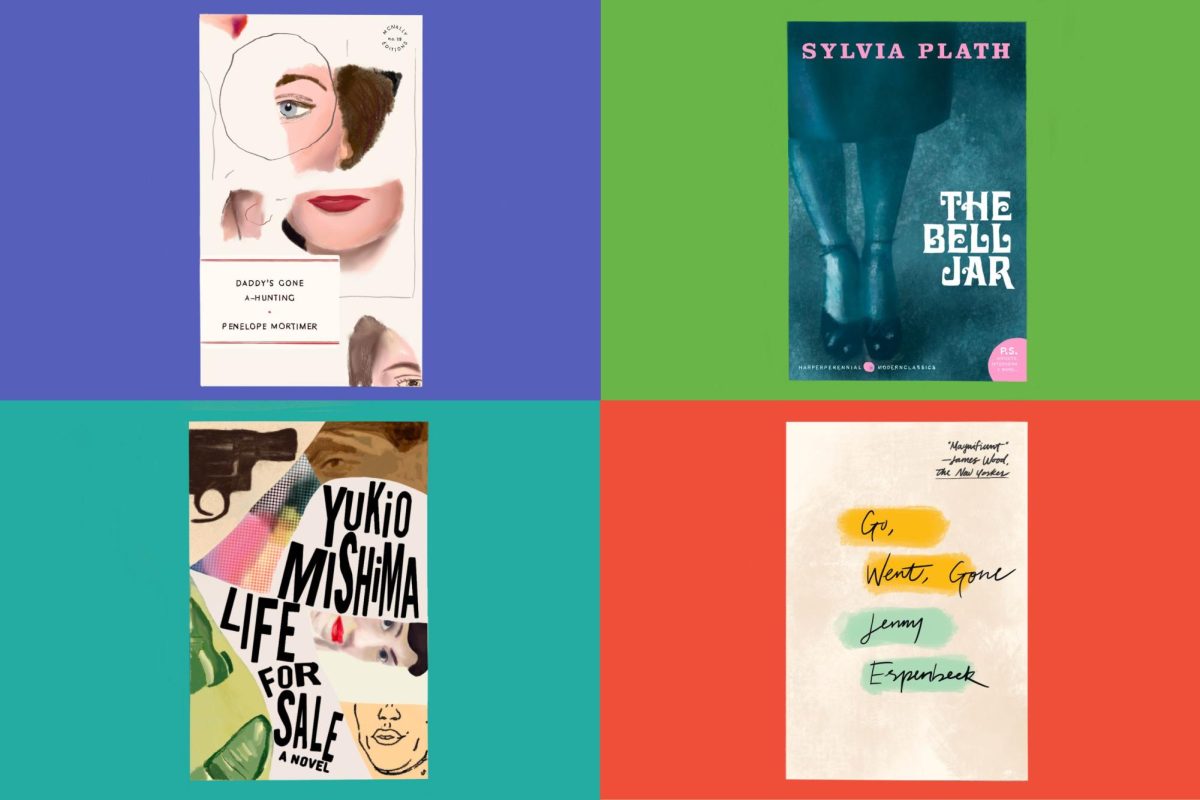On the surface, there’s a thin line between self-care and avoidance. Distinguishing between the two can be difficult as they manifest themselves in similar ways. The crucial difference between the two is intention. Both are coping mechanisms, but their outcomes are vastly different. Avoidance often makes things worse, while self-care can make things better. Avoidance is a kind of escapism, conscious or unconscious, that serves to blot out difficult situations or emotions. Self-care is an intentional commitment to paying attention to the needs of your body and mind. Although the difference between the two seems clear in theory, it’s all too easy to mistake one for the other in practice. Both are coping mechanisms, but their outcomes are vastly different. Avoidance often makes things worse, while self-care can make things better. Treading the line between self-care and self-sabotage can seem tricky at first, but making that distinction is crucial for personal growth.
To figure out whether you’re practicing self-care or avoidance, you need to pay attention to your intentions. For instance, I’m a huge advocate for staying in on a Saturday night. Opting for a night-in over yet another trip to China Chalet can feel great; choosing TV and takeout over sweat and secondhand smoke makes sense to me. In this case, my intention seems to derive more from my personal dislike of stuffy clubs than from a deeper desire to avoid a difficult situation. But, as someone who struggles with social anxiety, I have to check myself. Is the real reason I’m staying in because the thought of meeting new people makes me feel anxious? When the answer to that question is yes, then I know I’m slipping into avoidance.
Facing what you’d rather avoid is no simple task, though. If you’re already feeling overwhelmed, the last thing you want to do is force yourself to face your fears. But avoidance isn’t the answer, either. The key is to pay attention to your feelings and, above all, be honest with yourself. Acknowledging that you genuinely cannot deal with a difficult situation at that moment in time means that instead of ignoring your emotions, you’re at least aware of them. Having this awareness means that you can identify strategies to deal with these feelings and address them as soon as you feel able. While this might appear to be avoidant behavior, recognizing that you’re not ready to face something in that moment and managing those emotions accordingly is actually a kind of self-care.
Even when you’re equipped to deal with a difficult situation, it’s tempting to stay in your comfort zone. Venturing beyond the boundaries of your comfort zone can feel unnerving, unnatural, uncomfortable. But a life lived within these confines is a boring one at best and an unhealthy one at worst. While avoidance provides short-term relief, the long-term consequences aren’t quite so inviting: magnified stress, reduced problem-solving skills, amplified anxiety. Compare these to the benefits of confronting your fears: increased productivity and creativity, improved ability to deal with new and unexpected changes and a greater capacity to continue pushing your boundaries. If we continually avoid the hard parts of our lives, we deny ourselves the opportunity to address, accept and grow from these experiences.
The truth is that while avoidance can protect us from difficult things in the short term, it can make those difficult things even more difficult in the long term. Avoidance begets avoidance; the longer you put off addressing a stressful emotion or situation, the worse it’ll seem in your mind. In Carl Jung’s words, what you resist persists. Instead of trying to escape your emotions, let yourself feel what you’re feeling — be it through meditation or a long phone call with your mom. Instead of always looking for a way out of an anxiety-inducing situation, challenge yourself to take a risk and say yes.
What looks like self-care can actually be self-sabotage. If we mistake our avoidant behaviors for acts of self-care, we risk exacerbating the very stresses we’re trying to avoid. Recognizing when you’re taking care of yourself and when you’re avoiding something requires paying careful attention to your intentions and prioritizing long-term growth over short-term escapism. Once you find this difference, you open yourself up to living life to the fullest.
We hear the term “self-care” all the time, but what does it really mean? To whom is it available and in what ways is it attainable? “The Pursuit of Happiness” will explore practical ways for NYU students to take care of themselves, proving that being broke and busy isn’t a barrier to self-care.
Hope Rangaswami is a sophomore in CAS majoring in English and Environmental Studies.
Opinions expressed on the editorial pages are not necessarily those of WSN, and our publication of opinions is not an endorsement of them.
A version of this article appeared in the Monday, May 6, 2019, print edition. Email Hope Rangaswami at [email protected].





